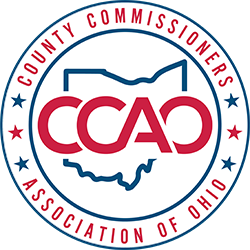Complete Story
04/01/2025
House Bill 96, Supported Amendments in Senate
Below are amendments to HB 96 that CCAO supports, including in the bill as the Senate works on the budget. This page will be updated as we receive amendments.
Priority Amendment Requests
Indigent Defense
SC-0832-1: Appropriates an additional $21.25 million in SFY 2026 and $28.25 million in SFY 2027 to reimburse county indigent defense costs. This will bring the funding for reimbursement in line with the Ohio Public Defender's (OPD) budget request. The amendment also removes a cap on the hourly rate OPD will reimburse.
Next Generation 9-1-1
SC-0207 (Senator Brian Chavez): Increases the user fee that generates revenue for Next Generation 9-1-1 to $1.25 per month.
Publicly Funded Child Care
SC-0460: Increases initial eligibility for publicly funded child care to 160% of the federal poverty level.
SC-0459: Appropriates an additional $25 million in SFY 2027 for the Child Care Choice Voucher Program.
Other Amendment Requests
Family and Children First Councils
SC-0315: Removes language added in the House that would allow counties to eliminate their Family and Children First Council if certain conditions are met.
SNAP Administration
SC-0220: Removes language added in the House that would have increased the administrative burden for county department of jobs and family services regarding SNAP administration by prohibiting counties from using simplified or quarterly reporting procedures.
Lodging Tax Revenue
SC-0197: Allow counties that meet certain criteria to use up to 67% of their general lodging tax revenue for different select purposes.




